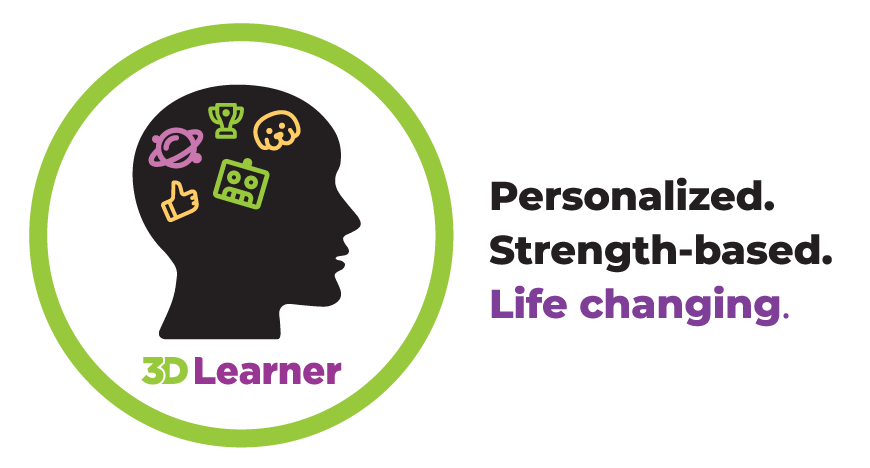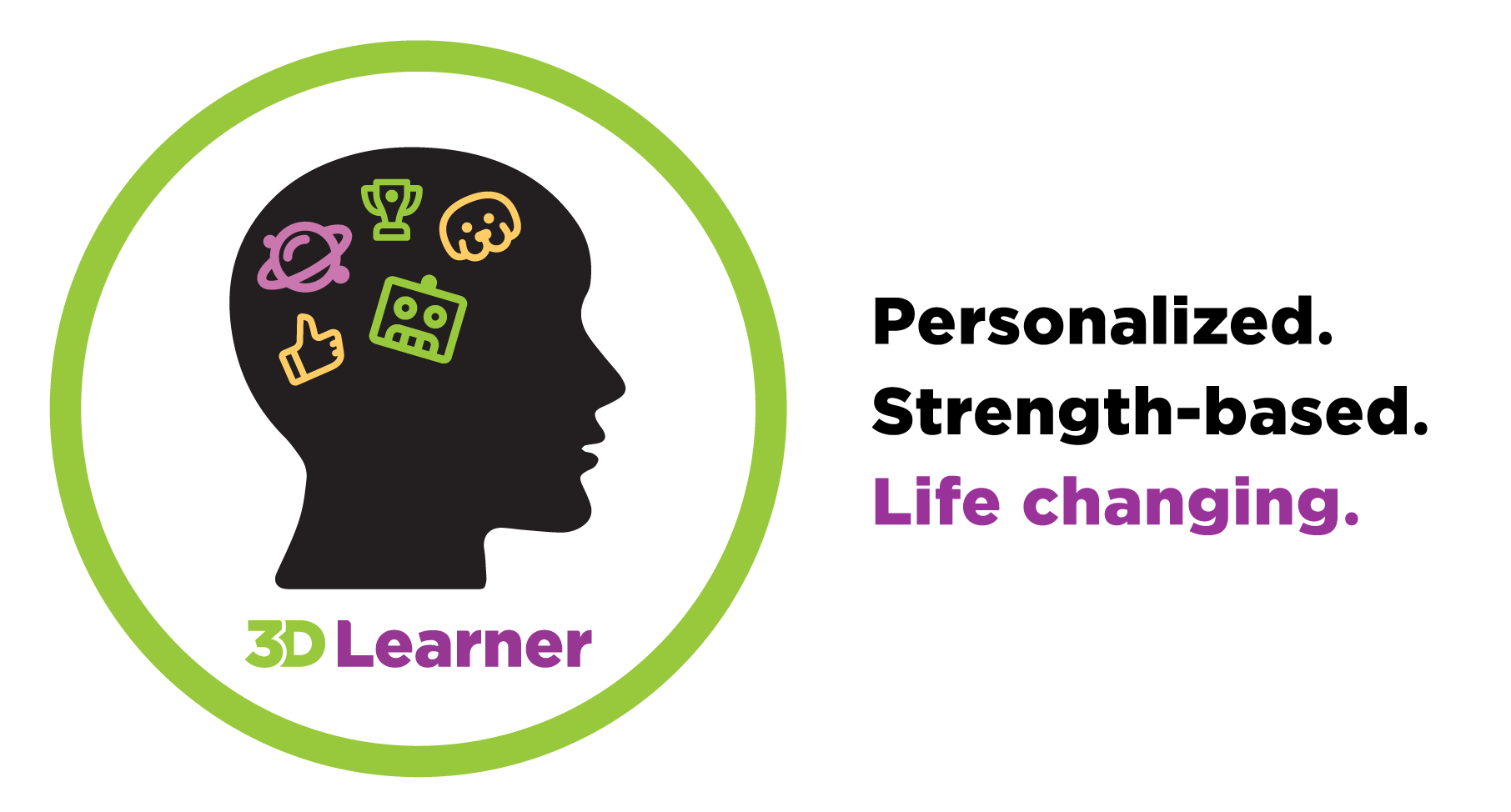There are many reasons why a child may have difficulties learning to read. It could be as straightforward as shyness and discomfort in the classroom to a more complex diagnosis – such as dyslexia, ADHD, or visual processing issues. Different children learn at different paces. By third grade, almost every student should have some reading skills.
Here are some of our favorite tips for helping your child become an engaged reader.
- Make reading a daily habit. Set aside a time that is best for you and your child to read together. In the beginning, you may be doing all the reading, but involve your child by asking about letters they may know or words that they may recognize. Use different, unique voices for each character to make the story come alive. Do not force your child to read out loud if they are not comfortable with it. Over time, they will start to read on their own.
- Have a great attitude. If you look forward to this special reading time, so will your child. If it is just a chore to you, it will be to them, too. They observe your body language and facial expressions
- Reward effort. Beginning readers often take wild guesses at a word based on its first letter. Any effort deserves positive reinforcement like hugs and compliments.
- Correct them gently. When your child makes a mistake, do not be quick to correct them. Many beginning readers will guess at a word based on its first letter or replace a word that does not look at all like the one there- but makes more sense to them.
- Choose books thoughtfully. Try to select books that are at your child’s reading level and that reinforce their interests. The more the book reflects your child’s interests, the more your child will be engaged. Have them “picture themselves” as the character– and talk about what that would be like for them.
- Take turns. If your child can have them read. Whether they read a word, sentence, or entire page, keep them involved and reward their success. Counting how many times a word appears in a book (or over a few pages, if the book is longer) – IS still reading
- Repeat their favorite stories. Feel free to read a favorite book or story over and over, especially if your child loves it. Repetition helps with reading. They start to recognize these words in other places– encourage and reward this.
- Stop and ask questions. You can pause in the story and ask a question like ‘What do you think will happen next?’ or ‘How does someone feel?’ This is a great way to keep your child engaged and gives you a clear idea of their comprehension skills.
- Be patient. When your child is trying to sound out an unfamiliar word, give it to them- and talk about it so they can develop a picture of what the word means to them.
- Make it fun. Follow the lead of the book. If a character does a silly dance, do it too. Hoot like an owl. Talk like a pirate. Acting out the story will make it fun and memorable for you both.
Even the brightest, most creative children can have reading issues. Sometimes, deeper issues such as dyslexia, ADHD, and processing challenges, are applicable. If you suspect that may be the case, talk to your child’s school. Together, discuss whether testing is appropriate.
If you need help getting a clear picture of what is going with your child or advice on advocating for them with the school system, arrange for a free “Stress to Success” strategy session by calling us at 561-361-7495 or booking an appointment here.





